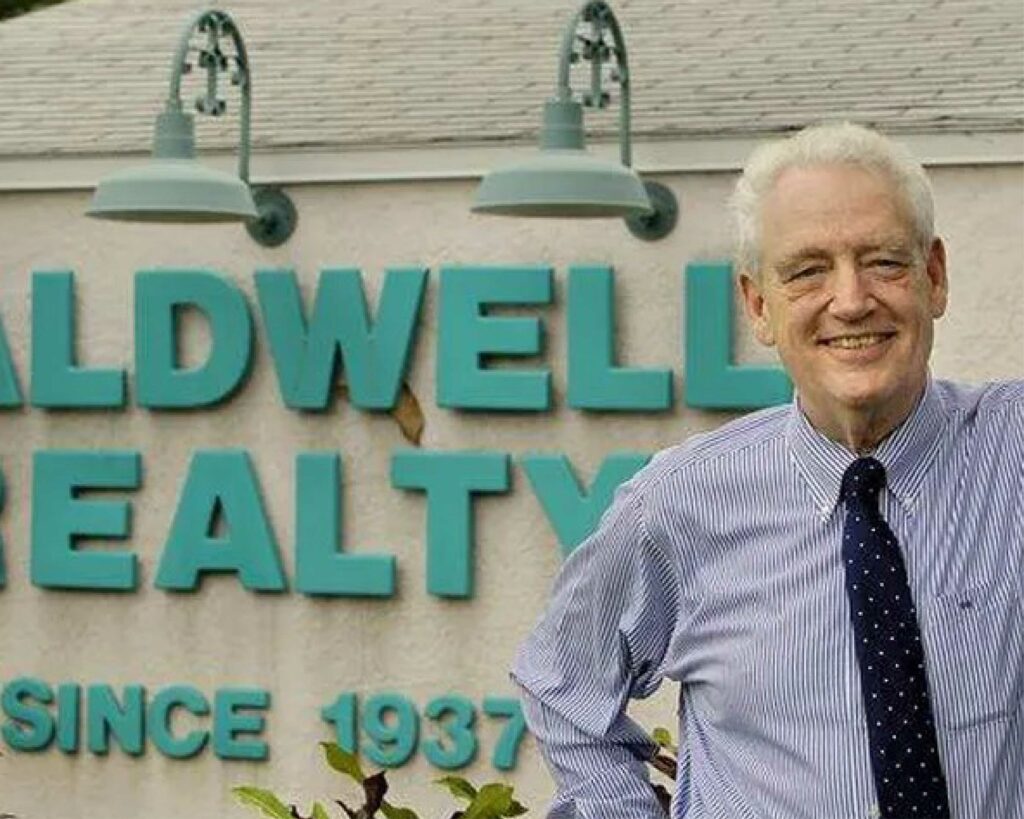Selling your home is a significant milestone, often marked by a mix of excitement and apprehension. It’s more than just a transaction; it’s a pivotal life event that requires careful planning and execution. Whether you’re upgrading to accommodate a growing family, downsizing for retirement, or relocating for a new job, the journey from listing to closing is filled with critical steps that can influence the outcome of your sale. This step-by-step guide is designed to navigate you through each stage, ensuring you’re well-prepared and informed to make decisions that align with your goals.
By the end of this guide, you’ll be equipped with the knowledge to confidently navigate the selling process, from listing your home with confidence to handing over the keys at closing. Let’s embark on this journey together, transforming the daunting task of selling your home into a rewarding and successful endeavor. Let’s get started!
Preparing Your Home for Sale
Selling your home begins long before it’s listed. The preparation phase is crucial in setting the stage for a successful sale. This section delves into the key steps you should take to ensure your home stands out in the competitive real estate market. From tidying up and removing personal stuff to handling fixes and staging, each move is aimed at highlighting your home’s top features, drawing in more potential buyers, and sealing the deal at the best price. Let’s explore how you can prepare your home for a swift and profitable sale.
Declutter Your Space
Decluttering is the first step in preparing your home for sale. A clutter-free home appears larger, cleaner, and more inviting, making it easier for potential buyers to envision themselves living there. Start by removing excess furniture, personal items, and any clutter from surfaces. Consider renting a storage unit for items you want to keep but don’t need during the sale process. The goal is to create a neutral space that appeals to a wide range of buyers.
Depersonalize Your Home
Depersonalizing goes hand-in-hand with decluttering. This step involves removing personal items such as family photos, collections, and personal keepsakes. The aim is to create a blank canvas that allows potential buyers to imagine their own lives and belongings in the space. By depersonalizing, you make it easier for buyers to connect emotionally with the home, increasing the likelihood of an offer.
Make Essential Repairs
Before listing your home, address any necessary repairs. This can range from fixing leaky faucets to patching holes in walls. Small issues can be a red flag for buyers, leading them to question the home’s overall maintenance. Completing repairs beforehand can enhance the appeal of your home and prevent potential haggling over the price during negotiations.
Consider Home Improvements
While major renovations may not always guarantee a return on investment, making strategic improvements can boost your home’s value and appeal. Focus on cost-effective updates like painting in neutral colors, updating hardware, or refreshing the landscaping. These improvements can make your home more attractive to buyers without breaking the bank.
Stage Your Home for Potential Buyers
Staging your home is a powerful marketing tool that can make a significant difference in how quickly it sells and for how much. Professional staging highlights your home’s strengths, minimizes its weaknesses, and appeals to the greatest possible pool of prospective buyers. If professional staging isn’t in the budget, simple steps like rearranging furniture, adding fresh flowers, and ensuring ample lighting can also have a big impact.
Create a Welcoming Atmosphere
Creating a welcoming atmosphere goes beyond physical appearance. Ensuring your home is clean, smells fresh, and has a comfortable temperature is vital. Consider baking cookies, brewing coffee or placing scented candles in strategic locations before showings. These sensory touches can create a welcoming impression, making potential buyers feel at home the moment they step through the door.
Determining the Right Price
Setting the right price for your home is more than just a numbers game; it’s a strategic decision that can significantly affect how quickly your home sells and the final sale price. This section explores how to navigate the complexities of the market, use professional appraisals and comparative market analyses to your advantage, and set a listing price that attracts buyers while maximizing your profit.
Conduct Market Research
Conducting thorough market research is foundational in setting a competitive listing price. This involves analyzing current market trends, including supply and demand in your area, recent sales of comparable homes, and how long homes are staying on the market. Understanding these factors can help you gauge where your home fits within the market and how to price it competitively.
Utilize Comparative Market Analysis (CMA)
A Comparative Market Analysis (CMA) is a tool used by real estate professionals to determine the value of your home based on the sale prices of similar properties in your area. It considers factors such as location, size, features, and condition to establish a price range for your home. Engaging a real estate agent to perform a CMA can provide valuable insights into how to price your home effectively.
Set a Competitive Yet Profitable Listing Price
Setting a listing price involves balancing the attractiveness of the price to buyers with your need to make a profitable sale. It’s about finding the sweet spot that encourages interest and offers without undervaluing your property. Price your home too high, and it may languish on the market; too low, and you might not maximize your return.
Adjust Based on Feedback and Market Conditions
Be prepared to adjust your price based on market feedback. If your home is not attracting interest or offers, it may be priced too high for the current market. Conversely, if you receive multiple offers quickly, it might indicate your home is priced too low. Staying flexible and willing to adjust your strategy can help secure a successful sale.
Listing Your Home
Getting your home listed is the official start of your selling journey, making it visible to potential buyers and the real estate community. This section highlights the importance of choosing the right real estate agent, the benefits of listing on multiple platforms, and how to create compelling listing descriptions and utilize professional photography to make your home stand out.
Choose the Right Real Estate Agent
Your agent plays a crucial role throughout the selling process, from setting the right price to negotiating the best terms on your behalf. They’ll manage showings, provide feedback, and guide you through the complexities of closing. The right agent is not just a facilitator but a vital partner in achieving your selling goals.
An experienced agent brings local market knowledge, negotiation skills, and marketing expertise. Look for someone with a strong track record in your area who can offer personalized advice and has a robust marketing plan to get your home sold.
List on Multiple Platforms
By casting a wide net, you’re not just reaching more potential buyers; you’re also tapping into different buyer segments and preferences. Beyond the Multiple Listing Service (MLS), consider online real estate listings, social media platforms, and even local classifieds. Some buyers prefer browsing online listings, while others might discover your home through social media or word-of-mouth. The broader your reach, the higher your chances of finding the right buyer quickly.
Create a Captivating Listing Description
Your listing description is a buyer’s first insight into what makes your home special. Highlight key features, upgrades, and the lifestyle your home offers. Use descriptive and emotive language to paint a picture that resonates with potential buyers, making them eager to see more.
Invest in Professional Photography
Professional photography can dramatically affect your listing’s appeal. High-quality, well-lit photos that showcase your home’s best features can make a significant difference in attracting interest. Consider investing in a professional photographer to ensure your home looks its best online and in marketing materials.
Marketing Your Home
Effective marketing is key to attracting potential buyers and generating interest in your home. This section delves into the strategies for marketing your home, including traditional and digital approaches, the importance of open houses and private showings, and leveraging the power of social media and virtual tours.
Embrace a Multi-Channel Approach
A successful marketing plan combines traditional methods, like yard signs and open houses, with digital strategies, including online listings and email campaigns. This multi-channel approach ensures you reach potential buyers wherever they are, maximizing your home’s visibility and appeal.
Host Successful Open Houses
Open houses are a time-honored strategy for drawing interest to your home. They provide an opportunity for buyers to explore your property in a relaxed, no-pressure environment. Prepare your home by ensuring it’s clean, staged, and welcoming to make a strong impression on visitors.
The Value of Private Showings
While open houses attract broad interest, private showings offer a personalized experience for serious buyers. These one-on-one visits allow buyers to ask questions and envision themselves in the home, often leading to more substantive interest and offers.
Receiving Offers and Negotiations
Once your marketing efforts have attracted potential buyers, the next step is receiving offers and engaging in negotiations. This section covers how to evaluate offers, negotiation strategies for securing the best deal, and understanding the role of contingencies in the sale process.
Understand Offer Components
Evaluating offers involves more than just the price. Consider the buyer’s financing, contingencies, proposed closing dates, and any special requests. Look at the offer as a whole to determine its strength and how it aligns with your selling goals.
Seek Guidance from Your Real Estate Agent
Your real estate agent is an invaluable resource in evaluating offers. They can provide insight into whether an offer is competitive and advise on counteroffers or negotiations to ensure you’re making informed decisions.
Be Prepared to Negotiate
Negotiation is a critical skill in the home-selling process. Be prepared to negotiate on price, closing costs, closing date, and any contingencies. Aim for a win-win situation where both you and the buyer feel satisfied with the outcome.
Be Flexible and Creative in Negotiations
Sometimes, flexibility and creativity can be more effective than a hardline stance. Consider offering concessions, like leaving behind appliances or covering part of the closing costs, to move the sale forward while still achieving your primary objectives.
Manage Contingencies Effectively
Effectively managing contingencies involves understanding their implications and negotiating terms that minimize risks while keeping the sale on track. Contingencies are conditions that must be met for the sale to proceed, such as home inspections, appraisals, and buyer financing. Your agent can guide you through this process, ensuring that contingencies serve your interests without derailing the sale.
The Closing Process
The closing process is the final step in selling your home, where ownership officially transfers to the buyer. This section outlines what sellers can expect during closing, including closing costs, the roles of various parties, and the final walkthrough.
Navigating the Final Steps
The closing process involves several key steps, including finalizing the mortgage for the buyer, completing legal and title searches, and preparing the closing documents. Both the buyer and seller will have responsibilities to ensure a smooth transition, such as settling closing costs and transferring utilities.
The Role of Closing Agents
Closing agents, who can be representatives from a title company, an attorney, or an escrow company, facilitate the closing process. They ensure all necessary paperwork is completed, legal requirements are met, and the transfer of funds and property titles is conducted properly.
Understanding Closing Costs
Closing costs encompass a variety of fees associated with finalizing the sale, including title insurance, attorney fees, and transfer taxes. Both buyers and sellers have specific costs they’re typically responsible for, which can vary by location and the terms of the sale contract. In some cases, closing costs can be negotiated as part of the sale agreement. Sellers might agree to cover certain expenses to expedite the sale or as part of the negotiation with the buyer. Being informed about these costs can help you budget effectively and navigate negotiations smoothly.
The Purpose of the Final Walkthrough
The final walkthrough, typically conducted a day before closing, allows the buyer to inspect the property and ensure all agreed-upon repairs are completed and that the home is in the expected condition. This is the buyer’s last chance to address any concerns before the sale is finalized.
Handing Over the Keys
Once the closing process is complete and all documents are signed and funds transferred, the keys are handed over to the new owner. This marks the official transfer of ownership and the successful conclusion of your home-selling journey.
Wrapping Up Your Home Selling Journey
Selling your home is quite a journey with a mix of emotions, from excitement to joy. As you start this process, you’ll face challenges testing your determination, yet there will be moments of victory marking your progress. By following the steps in this detailed guide, from prepping your home for sale to navigating the closing process, you’ll equip yourself with valuable knowledge. This knowledge will help you make informed decisions throughout your home-selling adventure, leading you to a successful and satisfying outcome. Congratulations on selling your home, and best of luck in your future endeavors!
If you’re thinking about selling your home or need help understanding the process, know you’ve got support. Feel free to get in touch with us for any questions or worries. Our team is here to guide you with knowledge and experience every step of the way. We’re all about offering you genuine advice and a helping hand. Whether you’re just starting out or ready to seal the deal, we’re here to help!













